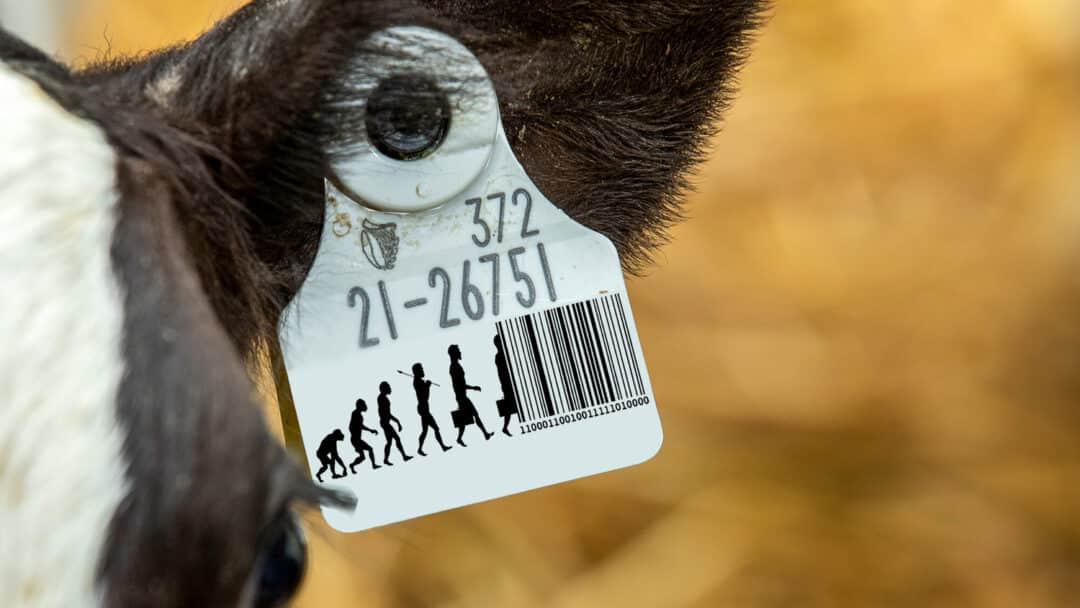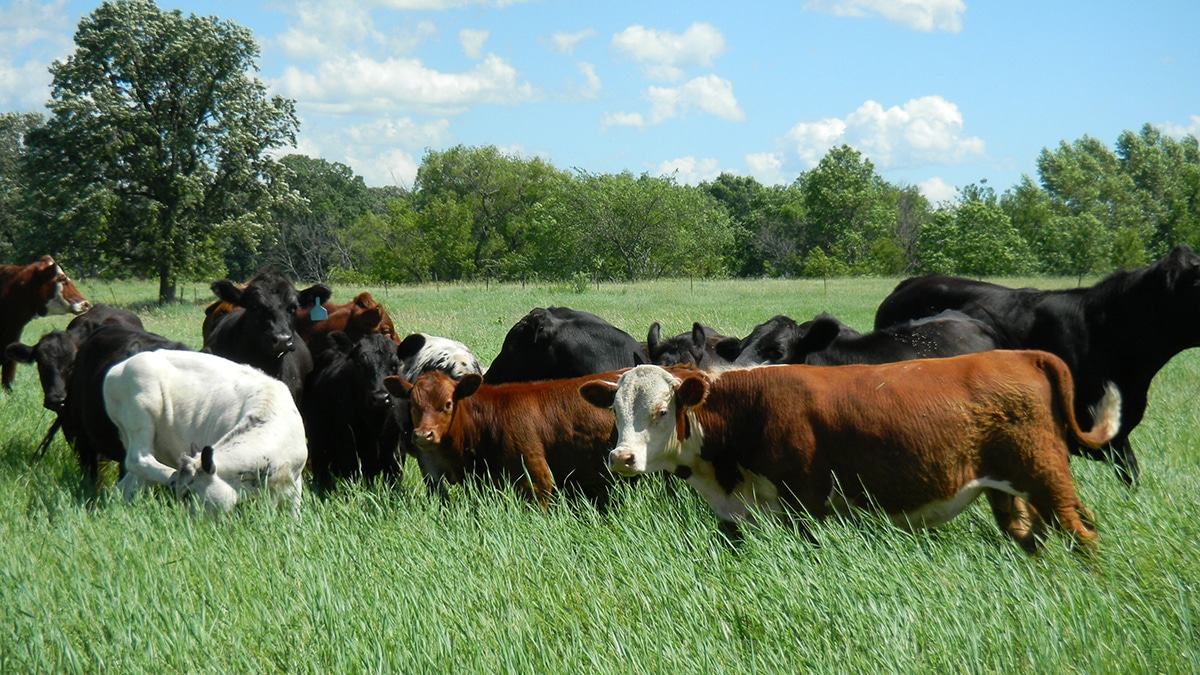
Congress Must Stop Electronic Animal ID Mandate
by
Alert from Farm and Ranch Freedom Alliance
When it comes to the Farm Bill, the status quo is what the massive meatpacking corporations want on a lot of fronts, especially mandatory electronic Animal ID. If Congress does nothing, then USDA’s new rule mandating electronic ID for cattle will go into effect later this year – burdening small farmers and undermining our already stretched thin infrastructure of local sale barns and vets willing to work with those farmers.
Mandatory electronic animal identification DOES NOT address food safety or animal disease concerns, but instead, unreasonably burdens farmers and ranchers.
You may have heard that the last omnibus funding bill included electronic ID, which is unfortunately true … but it still hinges on the USDA rule going into effect. So we can still stop it if Congress takes action in the Farm Bill!
We have fought this Big Meatpacker-driven program since 2006 because of the loss of privacy, cost, inefficiency, and the burdens on small-scale farmers and ranchers. We’ve stopped it multiple times before, and we can do so again — with YOUR help!
We urge you to take immediate action and voice your opposition to the USDA’s electronic animal ID mandate.
ACTION TO TAKE
1. Call your U.S. Representative: Urge them to include a provision in the Farm Bill that protects farmers’ ability to use traditional forms of ID on their cattle. Calls are most effective, so be sure to follow up by phone. See Talking Points below.
To find your U.S. Representative, enter your street address at https://www.congress.gov/members
2. Spread the word: Share this information with your friends, family, and fellow farmers. Encourage them to also call their Congresspeople and voice their opposition to the mandate. Click here to view a video posted by FARFA opposing USDA’s proposed rule.
TALKING POINTS
1. USDA has failed to show a need to impose more expensive requirements: Prior to imposing new regulations and costs, an agency should conduct an analysis to determine the need and whether the new requirements actually address that need. Despite numerous requests, the USDA has failed to conduct such an analysis for mandatory electronic animal ID.
2. The proposed rule disproportionately harms small farmers and ranchers: Moving to a completely electronic ID system carries significant costs, not only from the cost of the tag itself but also associated infrastructure costs. This impacts not only farmers, but also sales barns and large-animal veterinarians. Large corporate-controlled operations will not only benefit from economies of scale, but could structure their operations to avoid individual ID requirements altogether.
Consider what happened when Michigan implemented mandatory electronic ID for cattle on an intrastate basis in 2007. Over the next five years, the number of very small cattle farms in Michigan declined by 3%, even though nationally the number of such farms increased. And the number of very large cattle farms in Michigan increased by 35%, even though the number of such operations decreased nationally. In other words, in the real-world example of the impact of mandatory electronic ID in this country, the results show that it hurts small farms and increases consolidation. [Note: This data is based on the USDA NASS Agricultural Census of 2007 and 2012.]
3. The proposed rule will be ineffective improving animal traceability: Based on USDA’s own analysis, the agency estimates that it will impact only 11% of cattle in the country. Yet an earlier congressional analysis concluded that 18% was too low of a participation rate to make traceability programs effective. [see Summary, “Animal Identification and Traceability: Overview and Issues” (Nov 29, 2010), p. 2 – https://crsreports.congress.gov/product/pdf/R/R40832].
4. Mandating electronic ID undermines the goal of promoting a resilient food system: If we want to build resilient, diversified supply chains, the federal government needs to take steps to avoid regulations and policies that are prejudiced against small- and mid-scale producers, such as mandatory electronic Animal ID. The solution is simple: Keep the 2013 Animal Disease Traceability Rule unchanged, allowing farmers and ranchers to identify their animal with traditional, low-tech forms of ID or electronic ID, depending on which works best for their operations.
WAPF will send out future alerts as events warrant.
LINKS
Find My Congress Members –
https://www.congress.gov/members
USDA proposed rule to mandate electronic ID for cattle and bison –
https://www.govinfo.gov/content/pkg/FR-2023-01-19/pdf/2023-00505.pdf
FARFA video opposing the proposed rule –
“Animal Identification and Traceability: Overview and Issues” (congress.gov) –
https://crsreports.congress.gov/product/pdf/R/R40832
FARFA et al. (2023, April 19). Letter: “Comments on Use of Electronic Identification Eartags as Official Identification in Cattle and Bison”. https://farmandranchfreedom.org/wp-content/uploads/2023/04/Sign-on-letter-opposing-mandatory-electronic-ID-April-2023.pdf






0 Comments